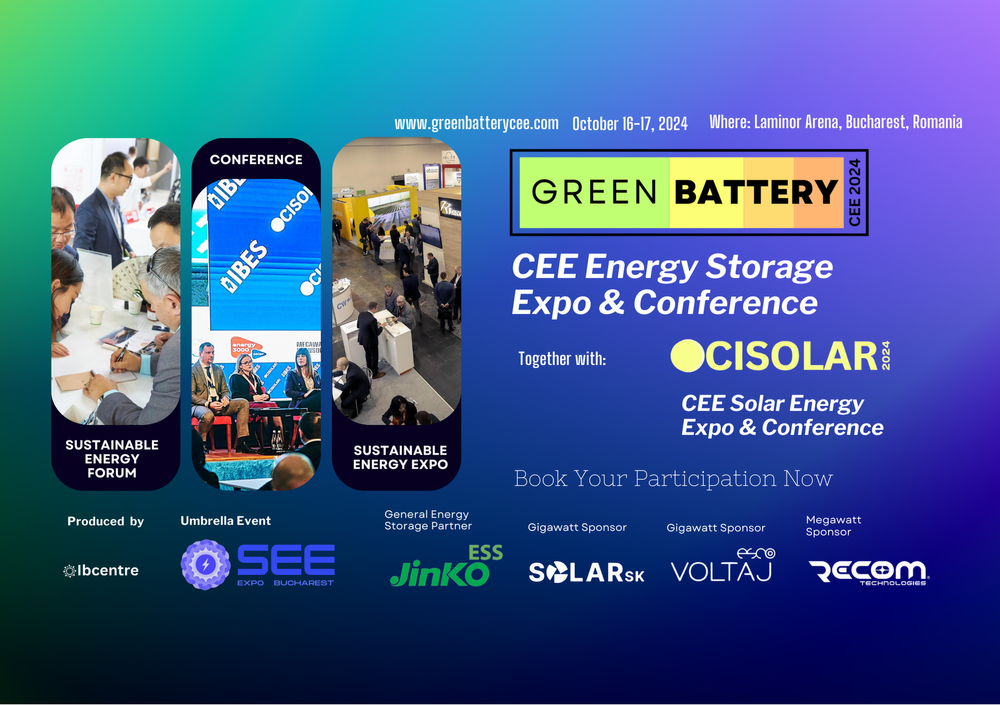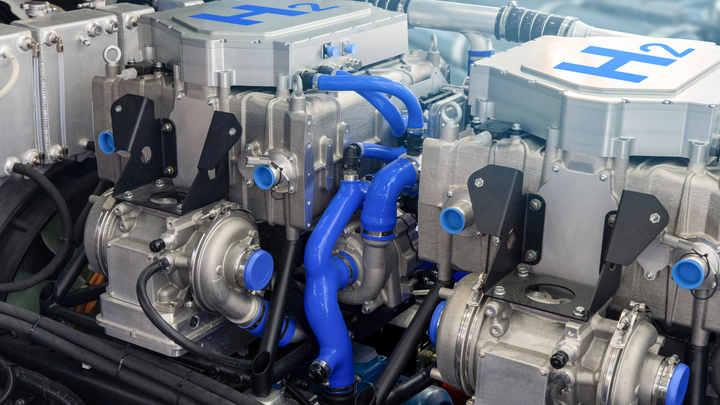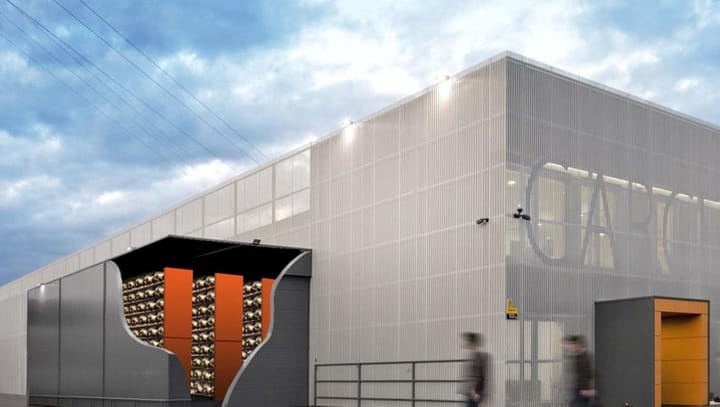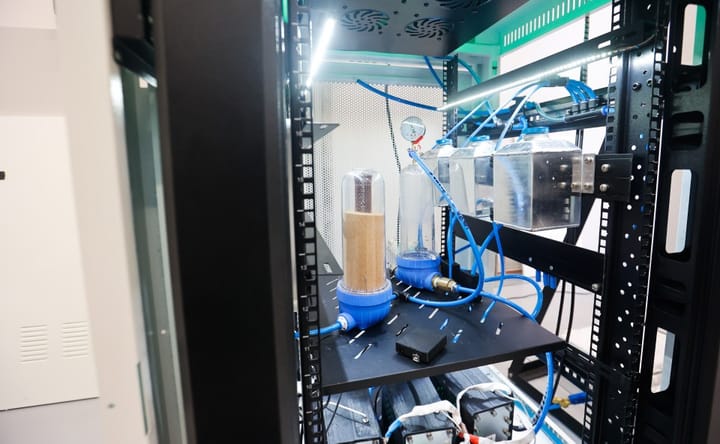Orlen secures nearly 9 million euros for Poland’s first Clean Hydrogen Partnership project
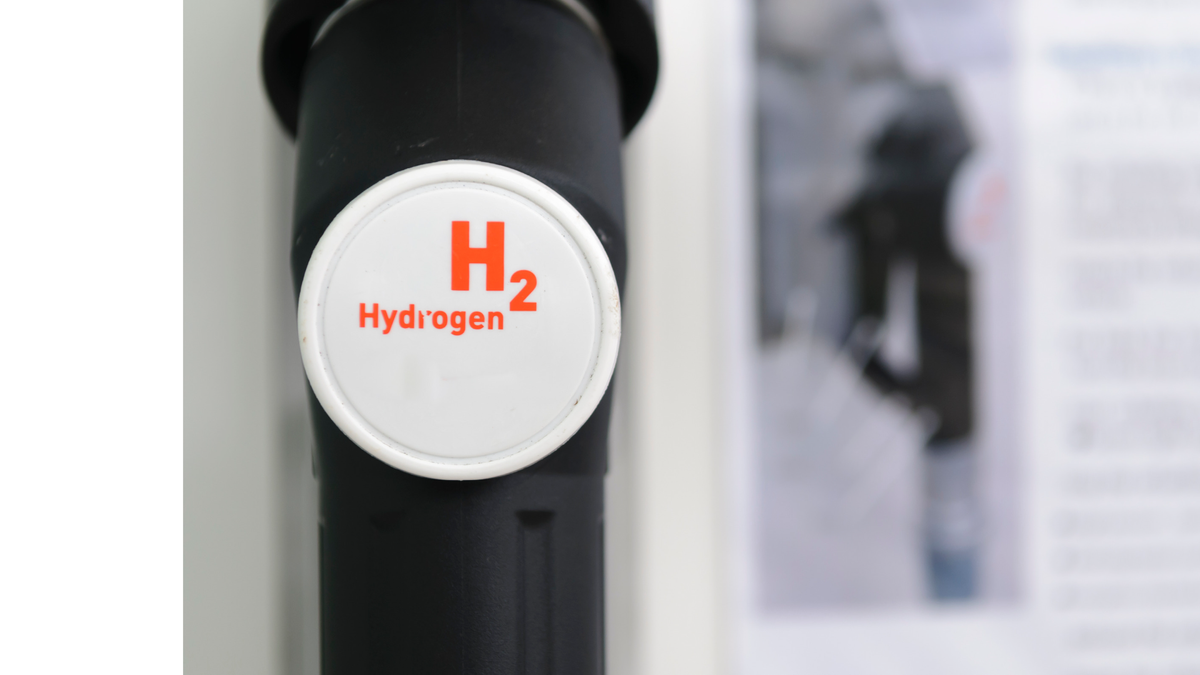
Orlen, in collaboration with a consortium of 17 international partners, has secured nearly 9 million euros from the EU's Clean Hydrogen Partnership for the HySPARK project, marking the first such funding in Poland. This project aims to develop hydrogen-powered vehicles for Chopin Airport in Warsaw and the city's public transportation.
The HySPARK project (Hydrogen Solutions for euroPean Airports & Regional Kinetics) will produce innovative hydrogen vehicles powered by fuel from Orlen’s hub in Włocławek. A hydrogen refueling station at Chopin Airport, set for completion in 2026, will be funded by the EU's CEF Transport AFIF Clean Cities phase II program.
Key partners include ARTHUR BUS for hydrogen-powered buses, Quantron for hydrogen tractors, and ATENA for ground service vehicles at Chopin Airport. These vehicles will be used by Warsaw's Municipal Bus Company, LS Airport Services, and Orlen.
Grzegorz Jóźwiak, Director of Hydrogen Technologies and Synthetic Fuels at Orlen, emphasized hydrogen's role in the energy transition and its potential impact on transport. He highlighted ongoing use of hydrogen buses by several Polish municipalities and the operation of Orlen’s first public hydrogen station in Poznań.
The project involves extensive collaboration among partners from Poland, Germany, Italy, Ireland, and the UK. Orlen will coordinate the business aspects, while the Institute of Power Engineering - National Research Institute (IEN-PIB) will handle administrative and R&D efforts.
Prof. Jakub Kupecki, Director of IEN-PIB, described HySPARK as a unique initiative aligning with Poland's Hydrogen Strategy, with potential for replication in other urban areas. The project was initiated within the Mazovian Hydrogen Valley Cluster, aiming to create a regional hydrogen ecosystem.
Orlen plans to build over 100 hydrogen refueling stations across Poland, Czechia, and Slovakia by 2030, supported by renewable energy-powered European hubs. The company aims for an electrolyzer capacity of 1 GW by 2030, enabling the production of over 130,000 tons of renewable hydrogen annually.
Source: netTG.pl
